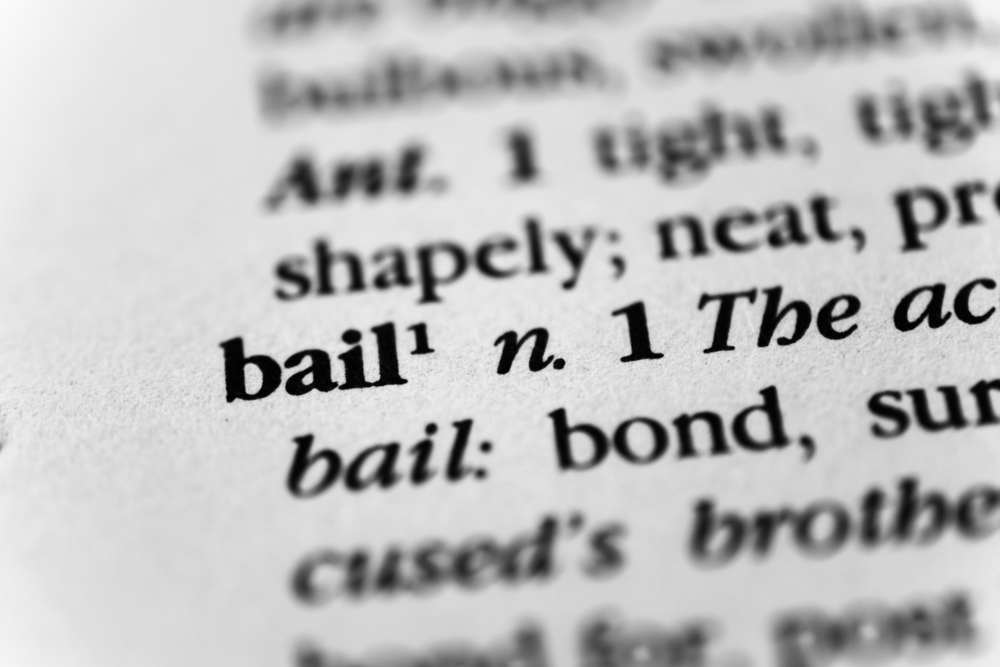-
 In Davids v S [2022] 4 All SA 67 (WCC) where a court building is situated does not compromise the institutional and individual independence of the court and/or the judge.
In Davids v S [2022] 4 All SA 67 (WCC) where a court building is situated does not compromise the institutional and individual independence of the court and/or the judge. -
 In S v Zuma and Another [2022] 1 All SA 533 (KZP), ‘title to prosecute’ - the test in respect of the apprehension of bias in a prosecutor does not apply to a judicial officer. Other grounds apply for a substantive application.
In S v Zuma and Another [2022] 1 All SA 533 (KZP), ‘title to prosecute’ - the test in respect of the apprehension of bias in a prosecutor does not apply to a judicial officer. Other grounds apply for a substantive application. -
 In Democratic Alliance v National Commissioner of Correctional Services and Others [2022] 2 All SA 134 (GP), urgent application for a declaration of unlawfulness against the decision granting Mr Zuma medical parole under s 75(5) of the Correctional Services Act.
In Democratic Alliance v National Commissioner of Correctional Services and Others [2022] 2 All SA 134 (GP), urgent application for a declaration of unlawfulness against the decision granting Mr Zuma medical parole under s 75(5) of the Correctional Services Act. -
 In Forum de Monitoria do Orçamento v Chang [2022] 2 All SA 157 (GJ), competing extradition requests, review of Minister’s decision, whether rational based on the relevant facts, and in conformity with the doctrine of legality.
In Forum de Monitoria do Orçamento v Chang [2022] 2 All SA 157 (GJ), competing extradition requests, review of Minister’s decision, whether rational based on the relevant facts, and in conformity with the doctrine of legality. -
 In Rohde v S [2022] 1 All SA 504 (WCC) an apprehension or fear of an adverse order is not the basis for recusal, nor were other grounds relied on by the applicant, individually or cumulatively.
In Rohde v S [2022] 1 All SA 504 (WCC) an apprehension or fear of an adverse order is not the basis for recusal, nor were other grounds relied on by the applicant, individually or cumulatively. -
 In Mbhamali v S [2022] 1 All SA 488 (KZD), practice of child marriages does not supersede the laws and the Constitution of the country. The fact that a child might have consented to such an act is no defence.
In Mbhamali v S [2022] 1 All SA 488 (KZD), practice of child marriages does not supersede the laws and the Constitution of the country. The fact that a child might have consented to such an act is no defence. -
 In S v SN [2022] 3 All SA 497 (ECG), rape of a minor – circumstances justifying a lesser sentence than the prescribed minimum sentence of life imprisonment imposed in terms of the Criminal Law (Sexual Offences and Related Matters) Amendment Act 32 of 2007.
In S v SN [2022] 3 All SA 497 (ECG), rape of a minor – circumstances justifying a lesser sentence than the prescribed minimum sentence of life imprisonment imposed in terms of the Criminal Law (Sexual Offences and Related Matters) Amendment Act 32 of 2007. -
 In S v Makayi [2021] 2 All SA 907 (ECB), charges must adequately reflect the nature, extent and seriousness of the criminal conduct, enable the case to be presented in a clear and simple way, and provide the court with an appropriate basis for the sentence requested.
In S v Makayi [2021] 2 All SA 907 (ECB), charges must adequately reflect the nature, extent and seriousness of the criminal conduct, enable the case to be presented in a clear and simple way, and provide the court with an appropriate basis for the sentence requested. -
 In Doorewaard and Another v S [2021] 1 All SA 311 (SCA): Appeal dealing with the death of a 15-year-old boy (the deceased). The state and the defence presented mutually destructive versions of the circumstances surrounding the boy’s death.
In Doorewaard and Another v S [2021] 1 All SA 311 (SCA): Appeal dealing with the death of a 15-year-old boy (the deceased). The state and the defence presented mutually destructive versions of the circumstances surrounding the boy’s death.
 Lexis Nexis
Lexis Nexis